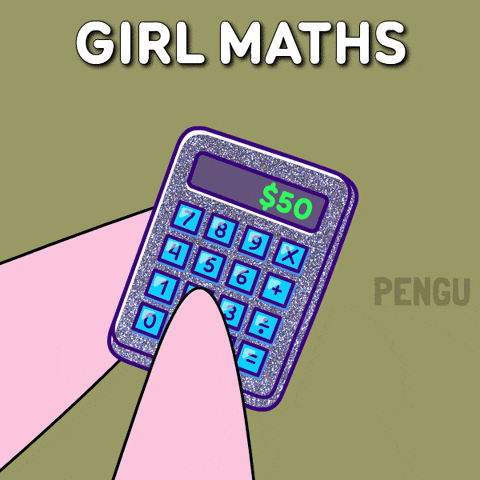Can Taking a Career Break Actually Make Me More Money?
Stepping back from your career because perimenopause has you running on empty? You're probably panicking about money right now. But here's what might surprise you: this could be the smartest financial move you accidentally make.
INSIDE THIS ISSUE
How to get thousands back from the IRS during your reduced-income year
Why this "setback" could actually secure your financial future
The strategy that turns your career break into a money-making opportunity
WHEN YOU'RE SCARED ABOUT THE MONEY
Let me guess what's keeping you up at night. You're thinking about stepping back—maybe going part-time, maybe consulting, maybe taking a full break—but the money panic is real.
You're asking yourself:
"Can I actually afford to do this?"
"What if I run out of money?"
"Am I completely screwing up my retirement?"
"How will I make this reduced income stretch?"
I get it. Taking a financial hit feels terrifying, especially when you've worked so hard to build security. But here's what nobody tells you about lower-income years: they can actually put more money in your pocket if you know what to do.
Think of it this way—when you make less money, you pay way less in taxes. And there's a way to use that tax savings to actually come out ahead financially.
HOW TO TURN LESS INCOME INTO MORE MONEY
Here's the move that changes everything. Instead of just accepting smaller paychecks, you can use this low-income period to get money back from the government.
Get Thousands Back from Previous Years
You probably have money in old 401(k)s or traditional IRAs
Normally, when you take that money out, you pay your current (high) tax rate
But right now, while your income is lower, you can move that money at much cheaper tax rates
Translation: You can get thousands of dollars that would normally go to taxes
Here's the Real Math
Let's say you usually make $80,000 (24% tax bracket), but this year you're making $40,000 (12% bracket):
On a $20,000 IRA conversion, you'd normally pay $4,800 in taxes
This year, you only pay $2,400 in taxes
You just saved $2,400 that you can keep instead of giving to the IRS
Do this with $50,000? You save $6,000
Why This Matters Right Now That $6,000 you save can:
Cover several months of reduced income
Build up your emergency fund while you transition
Pay for the career coaching or training you need for what's next
Give you breathing room to make this transition without financial panic
Turn One Hard Year into Permanent Gains
Every dollar you move at these lower tax rates becomes completely tax-free forever. When you're back to earning more, that money keeps growing without the IRS ever touching it again.
The Sweet Spot (Ages 62-70)
If you're in this zone, you've got maximum control:
No required income from work
Social Security hasn't started yet (so no extra taxable income)
You decide exactly how much "income" to have each year
Move retirement money to tax-free accounts before Social Security pushes your taxes back up
Multiple Years = Multiple Opportunities
Taking a few years to transition? Even better:
Each low-income year = another chance to save thousands in taxes
Spread out the conversions to maximize savings
By the time you're back to full earning, you've moved significant money to tax-free status
The Bottom Line
Instead of feeling like you're falling behind financially, you're actually positioning yourself to come out ahead. You're using this necessary break to do something most people can't do when they're earning their normal income—move money away from future taxes at bargain rates.
Your future self (earning more and paying higher taxes) will thank your current self for making this move when taxes were cheap.
Share this with 3 women who are worried about the financial side of stepping back. Because discovering that your career break could actually improve your finances? That's the kind of relief we all need right now.




